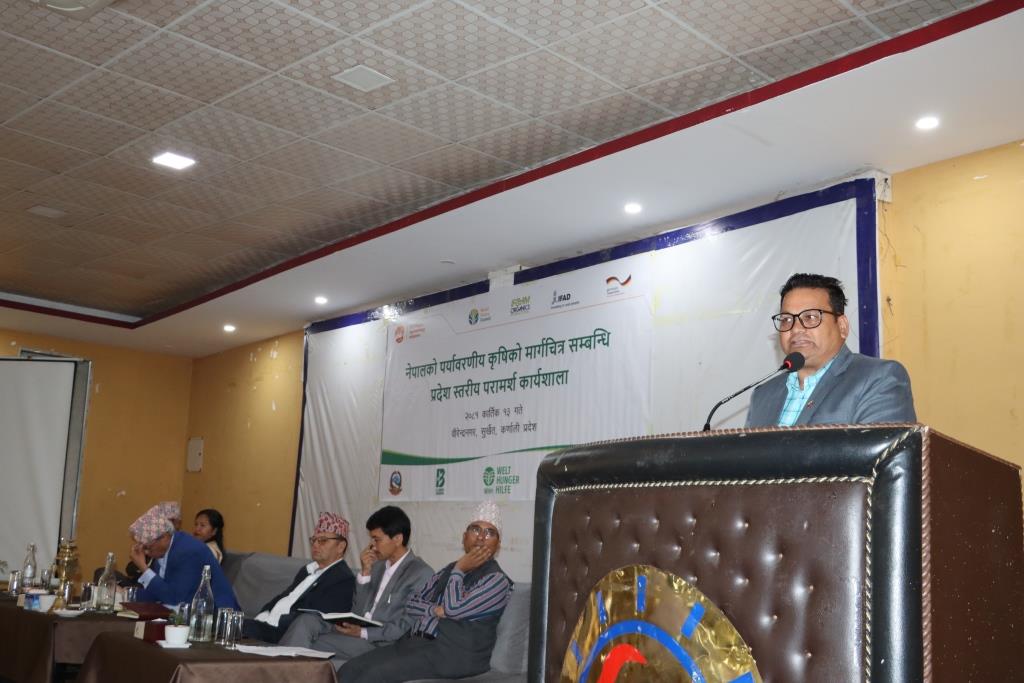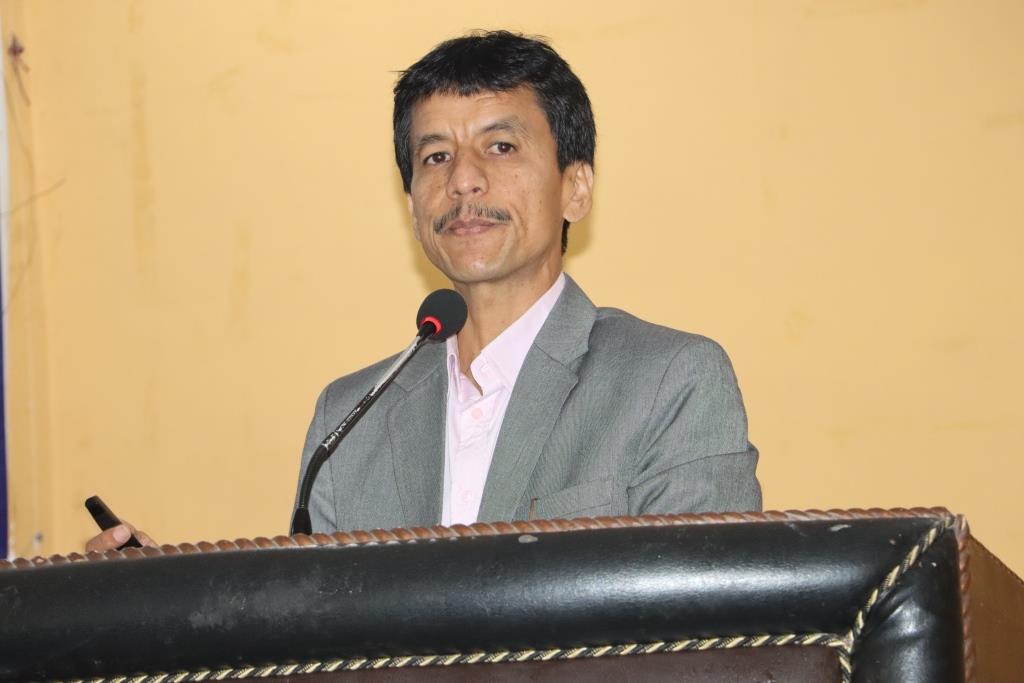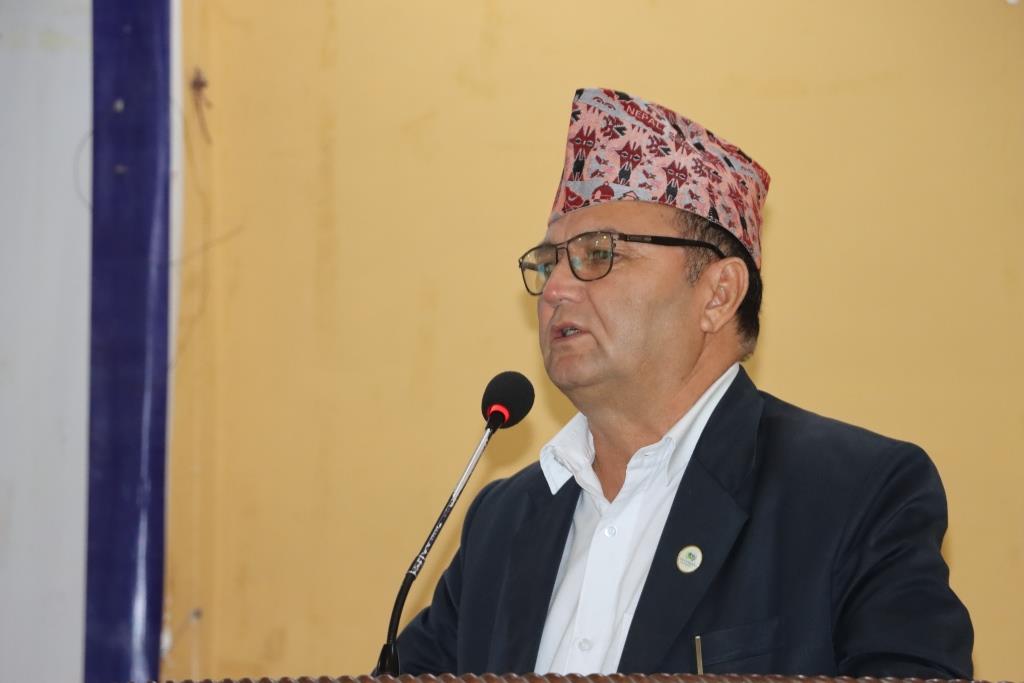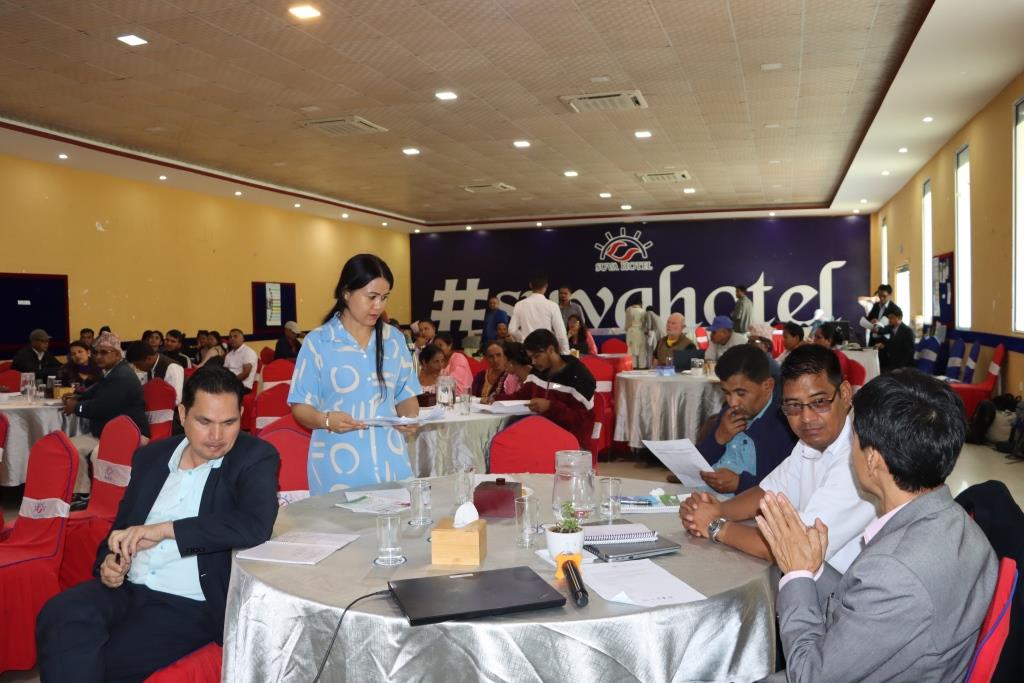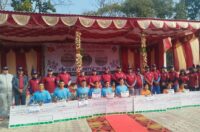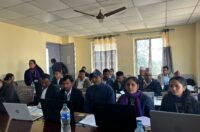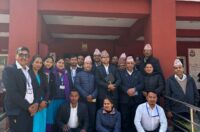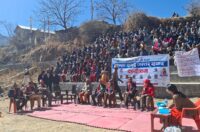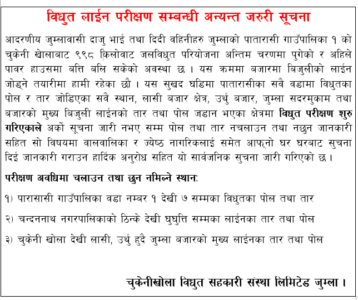
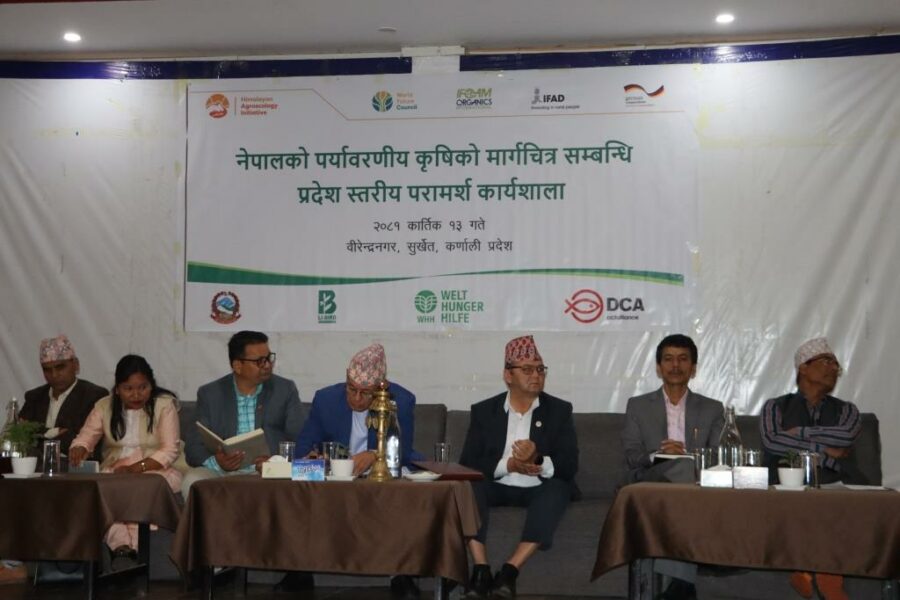
30 October 2024,Wednesday
Surkhet: A historic event recently took place in Karnali Province, Nepal, where policymakers, experts, and stakeholders gathered to usher in a new era of agroecological farming. The province-level consultative workshop, organized by the Local Initiative for Biodiversity, Research, and Development (LI-BIRD), aimed to create a roadmap for agroecological agriculture in Nepal. The “Himalayan Agroecology Initiative” was launched with support from the governments of India, Nepal, and Bhutan, as well as collaboration with key organizations such as the Agroecology Himalayan Task Force, the World Future Council (WFC), and IFOAM-Organics International. This initiative seeks to promote sustainable livelihoods and ecological balance in the Himalayan regions and empower farmers, producer organizations, and governments toward sustainable food systems.
In collaboration with the Ministry of Agriculture and Livestock Development, LI-BIRD is leading efforts to develop Nepal’s national roadmap for agroecology. This roadmap will address diverse areas including climate change adaptation, biodiversity conservation, and sustainable resource management.
The program was presided over by Mr. Tikaram Thapa, Secretary of the Ministry of Land Management, Agriculture, and Cooperatives (MoLMAC) in Karnali Province. Distinguished guests included Honorable Minister of MoLMAC, Mr. Binod Kumar Shah, and honorable member of the Provincial Planning Commission, Mr. Ashok Nath Yogi.
The event began with a ceremonial lamp lighting, and Dr. Santosh Shrestha, Program Development Director at LI-BIRD, delivered the welcome address. He outlined the establishment of a technical task force for National Agroecology Roadmap in Nepal, consultation with stakeholders, and the collection of feedback on the roadmap’s vision and direction.
Mr. Dhan Bahadur Kathayat, Chief of the Agricultural Development Division, MoLMAC, Karnali province emphasized the need for organic and sustainable farming to boost local food production. He highlighted the potential of Nepal’s geographic diversity, food sovereignty, targeted grants, and the importance of policy reforms, financial access, capacity building, market promotion, and technology transfer to ensure a green, resilient, and sustainable agricultural environment.
Dr. Ram Krishna Shrestha, Joint Secretary at the Ministry of Agriculture and Livestock Development (MoALD) presented the draft of the roadmap, which focuses on tackling global challenges such as climate change, biodiversity loss, and environmental pollution. In Nepal, droughts, floods, landslides, and water-related disasters pose significant risks, especially for small and marginalized farmers. Dr. Shrestha explained that the roadmap aims to confront these issues by promoting an inclusive and sustainable agricultural system.
Uddhav Adhikari, Coordinator of the Agriculture Campaign for Food, highlighted that while Nepal has a longstanding tradition of organic farming, the Green Revolution of the 1960s led to the adoption of chemical fertilizers and pesticides. He emphasized that the agroecological roadmap would help return to sustainable farming practices.
Vice-Chairperson of Barahatal Rural Municipality, Ms. Laxmi Pun, and Provincial Planning Commission member, Mr. Ashok Nath Yogi, underscored the significance of implementing the roadmap and addressing the unique challenges faced by Karnali Province. Mr. Yogi noted that although the provincial five-year plan prioritized agriculture, budget constraints posed significant challenges, stressing the need for outcome-oriented programs and comprehensive land management.
Honorable Minister Binod Kumar Shah expressed gratitude to the organizing team, emphasizing the importance of this roadmap as Nepal’s first agroecological agriculture blueprint. He pointed out that focusing solely on production had previously harmed soil and nature. Therefore, along with increased production, environmental balance must also be considered, with a strong commitment to implementation.
Secretary Mr. Tikaram Thapa reflected on the impact of the Green Revolution in the 1960s, which boosted production through chemical fertilizers, irrigation, and pesticides, but now Nepal is moving towards organic and traditional farming. He highlighted the need for an integrated approach to maintain soil and plant health, establishing organic agriculture research centers, and prioritizing sustainable agricultural practices.
Karnali Province, with its suitable climate, biodiversity and organic agriculture policy, has the potential to become a model for sustainable agriculture, addressing challenges such as climate change, soil erosion, and water scarcity. The roadmap is expected to lay out a sustainable and equitable future for Nepal’s agriculture sector.
The event was supported by DanChurchAid (DCA), the German Federal Ministry for Economic Development (BMZ), and Welthungerhilfe (WHH), in collaboration with the Ministry of Land Management, Agriculture, and Cooperatives, and the Ministry of Agriculture and Livestock Development, and was organized by LI-BIRD.




